Uncovering hidden variation in polyploid wheat
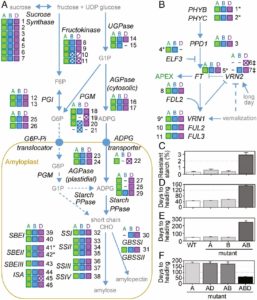 One of the big challenges of working with wheat, as compared to rice, is that the wheat we eat is polyploid; bread wheat (Triticum aestivum) is hexaploid (six copies of each gene) and pasta wheat (Triticum turgidum) is tetraploid (four copies each). Polyploidy makes forward genetics difficult; knocking out one gene rarely leads to phenotypic change due to the masking effect of all the others. Krasileva et al. developed a wheat exome (coding region) capture platform that enabled them to examine more than 10 million mutations, which they mapped to genes. The authors have made these data publically available along with corresponding primers and seed stocks . These resources will be invaluable for both basic researchers and breeders. Proc. Natl. Acad. Sci. USA 10.1073/pnas.1619268114
One of the big challenges of working with wheat, as compared to rice, is that the wheat we eat is polyploid; bread wheat (Triticum aestivum) is hexaploid (six copies of each gene) and pasta wheat (Triticum turgidum) is tetraploid (four copies each). Polyploidy makes forward genetics difficult; knocking out one gene rarely leads to phenotypic change due to the masking effect of all the others. Krasileva et al. developed a wheat exome (coding region) capture platform that enabled them to examine more than 10 million mutations, which they mapped to genes. The authors have made these data publically available along with corresponding primers and seed stocks . These resources will be invaluable for both basic researchers and breeders. Proc. Natl. Acad. Sci. USA 10.1073/pnas.1619268114



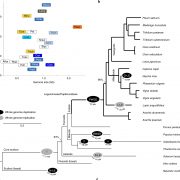

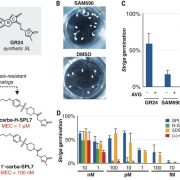
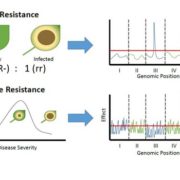
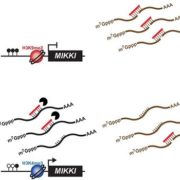


Leave a Reply
Want to join the discussion?Feel free to contribute!